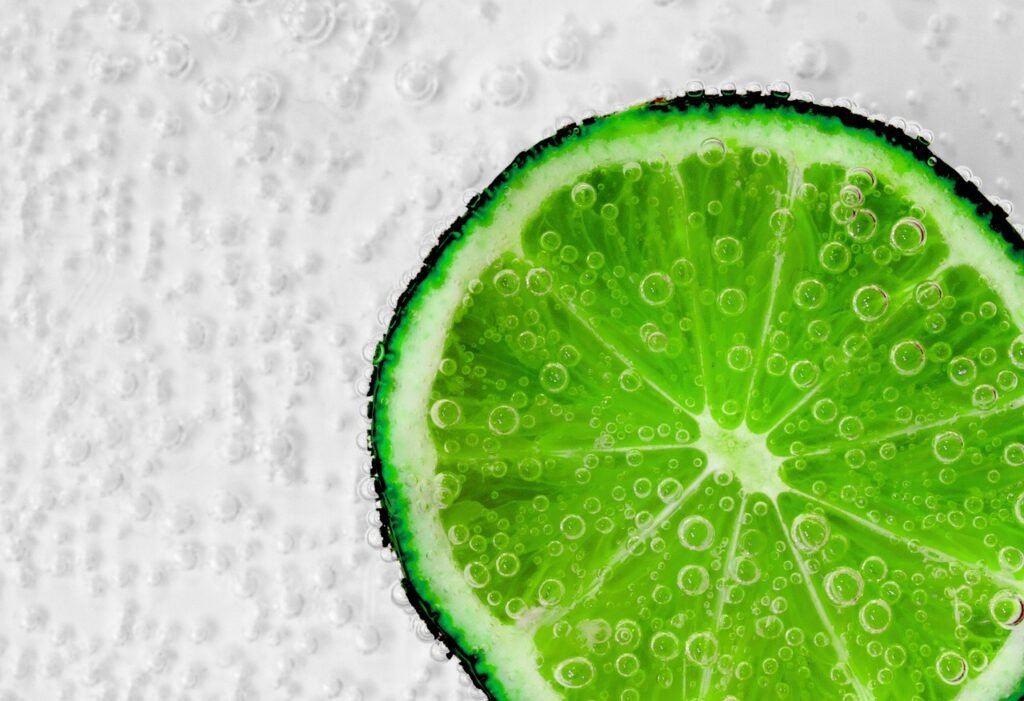
In this blog post, we will discuss why hydration for older adults is important, what a good goal for fluid intake is, what contributes to fluid intake, why we often don’t drink enough, and some research-based strategies to support fluid intake.
We will also touch on the research being done in the field of nutrition and aging.
For example, older adults may not realize that drinking a glass of water before and after physical activity, such as gardening or taking a walk, can help replenish their fluids and prevent dehydration.
Research and Strategies
Hydration is an essential aspect of care for older adults, as well as an important area of research.
Hydration is crucial because our bodies are made up of approximately 50 to 75 percent water. Renewing this water source is essential for maintaining overall health.
Water is considered an essential nutrient, similar to vitamins, minerals, and protein. It plays a role in every bodily process, including transporting nutrients, regulating body temperature, and aiding in the healing of tissues and wounds.
Importance of Daily Fluid Intake for Older Adults
Our hydration levels can change rapidly, so it is important to replenish our fluid intake daily. When we are not sufficiently hydrated, we may experience weakness, lack of energy, dizziness, constipation, confusion, and negative mood.
The amount of fluid intake needed varies depending on factors such as body size, exercise level, and consumption of high fluid foods. Thirst is a good indicator of how much fluid we should drink, but it is important to note that as we age, our thirst drive decreases.
Monitoring urine output and frequency can also help determine hydration levels. Generally, it is recommended to drink six to eight cups (1500 to 2000 ml) of fluid per day, including fluid from food. However, it is important to note that certain health conditions may require fluid intake to be limited.
Fluid intake can come from various sources, including water, coffee, tea, juice, soft drinks, smoothies, milk, soy beverages, and high fluid foods. Alcoholic beverages do not count as fluid intake.
Factors Affecting Fluid Intake in Older Adults
High fluid foods such as broth, soups, yogurt, fruit, cottage cheese, pudding, ice cream, and vegetables can also contribute to hydration.
There are several reasons why we often don’t drink enough fluid. Access to fluids can be limited, especially in certain environments such as long-term care homes. Habits and lack of awareness about fluid intake can also contribute to inadequate hydration.
Ignoring thirst signals, desire to limit urination, and fear of incontinence are other factors that can affect fluid intake.
In the context of seniors care, research has shown that older adults living in care environments may not drink enough due to various reasons. These include forgetting to drink, swallowing difficulties, physical challenges, fear of incontinence, and end-of-life considerations.
Strategies to Improve Fluid Intake and Research Advances in Seniors Care
Strategies to improve fluid intake in seniors care include offering fluids frequently, making it a habit, using reminders, addressing access issues, providing education, and addressing specific challenges such as swallowing difficulties.
The blog post also discusses the research being conducted in the field of nutrition and aging.
The Nutrition and Aging Lab is working on various projects related to hydration strategies for seniors care. They have developed strategies to improve access to fluid during COVID-19 outbreaks and identified feasible and effective interventions for long-term care.
They have also studied preferred vessels for drinking and are working on a multi-component strategy called “Promote” to improve hydration in older adults.
In conclusion, hydration is essential for maintaining overall health, especially in older adults.
Strategies for Improving Hydration for Older Adults
It is important to understand the individual fluid intake needs, address barriers to fluid intake, and implement research-based strategies to support hydration. The ongoing research in the field of nutrition and aging aims to improve hydration strategies in seniors care environments.

